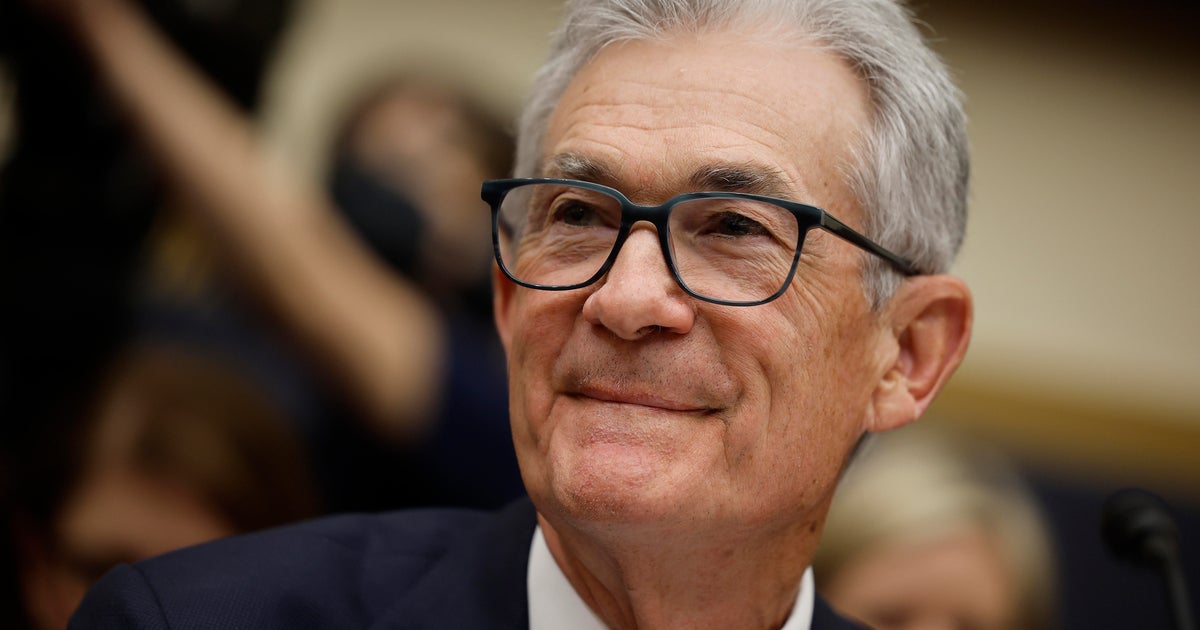
The personal consumption expenditures (PCE) price index, the Federal Reserve’s preferred inflation measure, dropped to 2.1% last month on an annual basis, close to the central bank’s goal of a 2% annual rate. That could cement more rate cuts ahead in 2024, according to Wall Street economists.
September’s PCE was in line with the median forecast from economists surveyed by Dow Jones Newswires and The Wall Street Journal, and represents a decline from August’s 2.3% rate, according to Commerce Department data.
Given the surge in post-pandemic inflation, the fact that headline inflation now sits just a tenth of a percentage point away from the Fed’s target is a significant achievement. Last month, the Federal Reserve made its first rate cut in four years amid signs that inflation was inching closer to its 2% goal, providing some welcome relief for consumers with credit card debt or who are in the market for a loan.
The latest PCE data is the index’s lowest reading since February 2021, noted EY Chief Economist Gregory Daco in an email.
“No tricks, just some consumer and inflation treats,” Daco wrote. “We continue to expect the Fed to ease policy by 25bps at every meeting through June next year amid resilient but moderating growth and cooling labor market trends.”
That could bring the federal funds rate, currently at 4.83%, to about 4.4% in December, and down to 3.4% in June 2025, he added.
Inflation is down, but prices are still up
But despite the Fed’s progress in bringing down the rate at which prices are rising through high interest rates, U.S. consumers remain unhappy with the cost of living in recent years, and the topic remains front of mind for many voters ahead of the election on November 5.
The PCE index and other inflation yardsticks, such as the Consumer Price Index, measure the change in prices over time of a typical basket of goods and services. But many Americans view inflation as the actual prices they’re paying at the store.
While inflation has cooled, prices remain high — they’re just rising at a slower rate than during the inflationary peak of the pandemic. That may also explain why more than 1 in 4 people polled by YouGov in August said they think the current inflation rate is over 10%, or more than quadruple the actual inflation rate.
Both Democratic candidate Kamala Harris and Republican contender Donald Trump have floated proposals they say will help bring down the cost of essential everyday items like food and gas.
